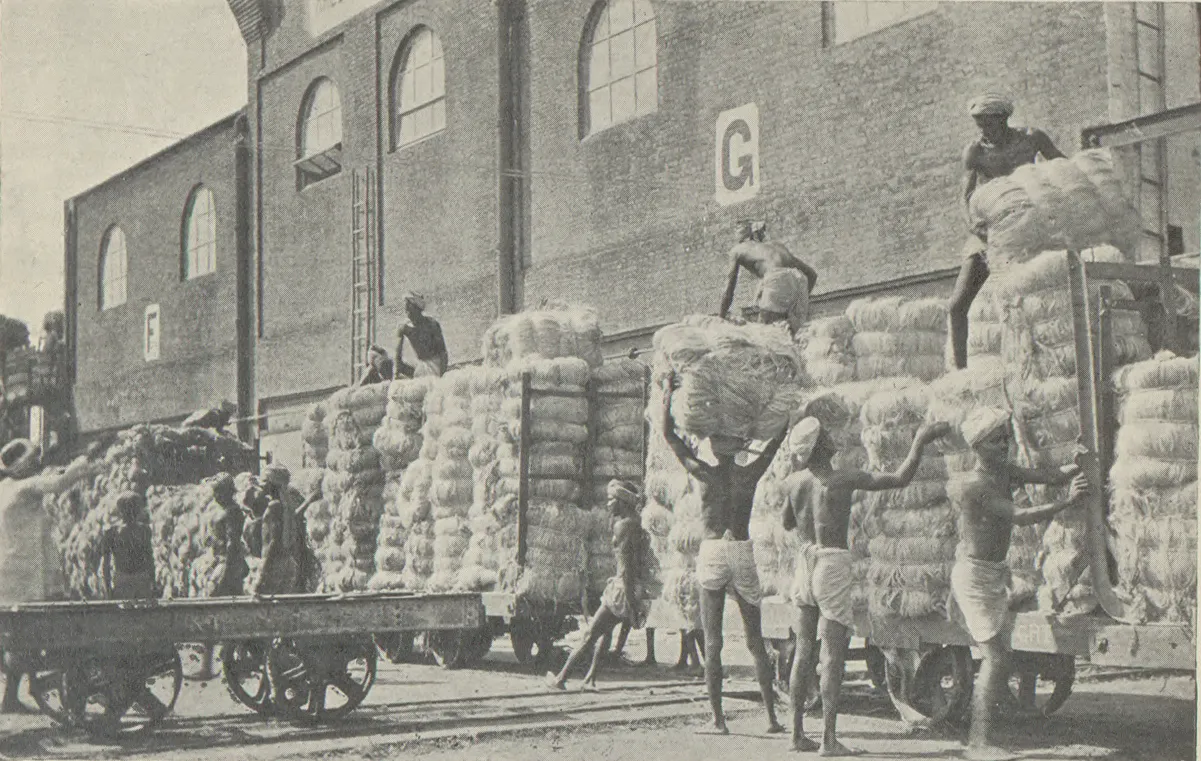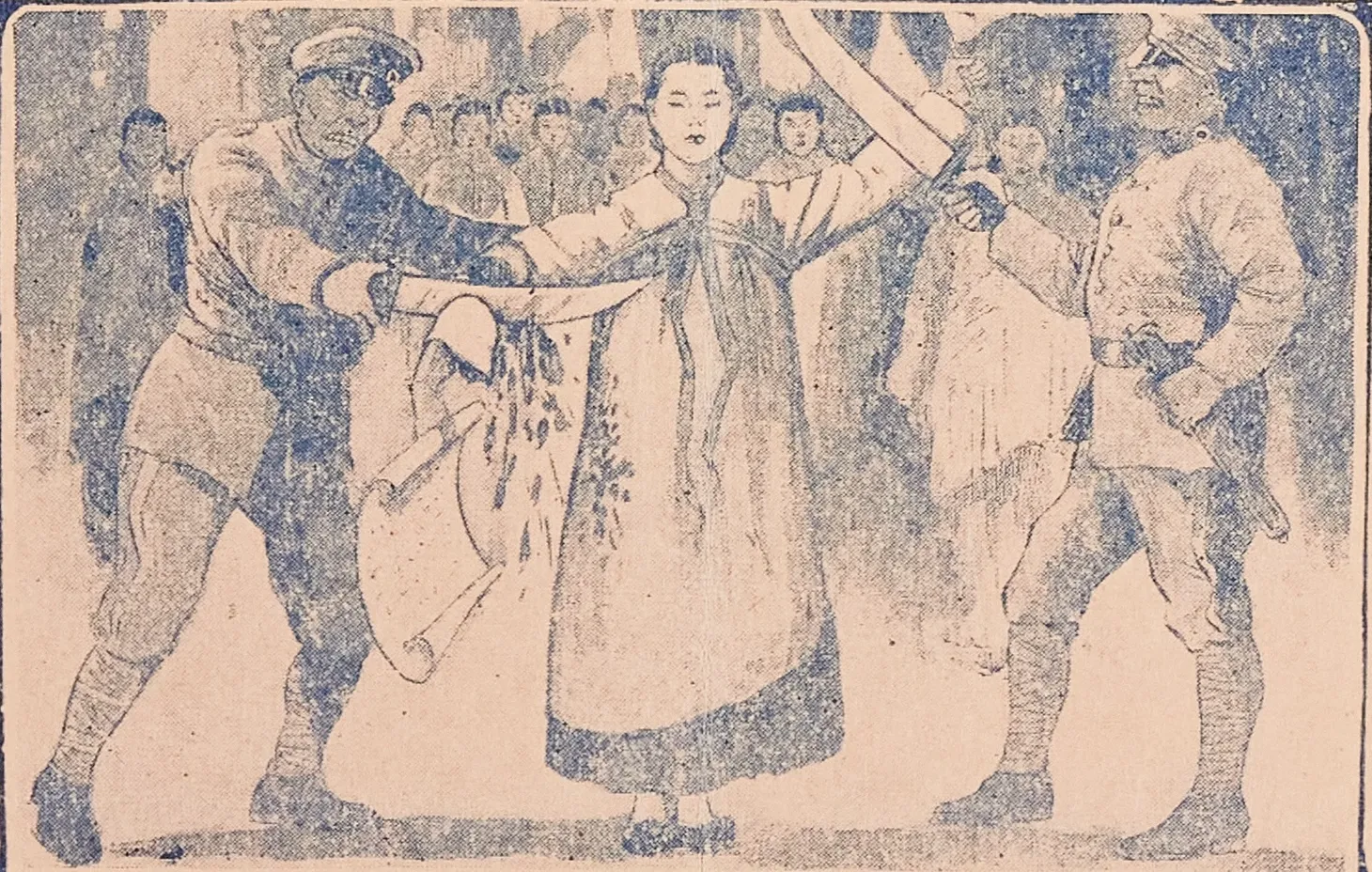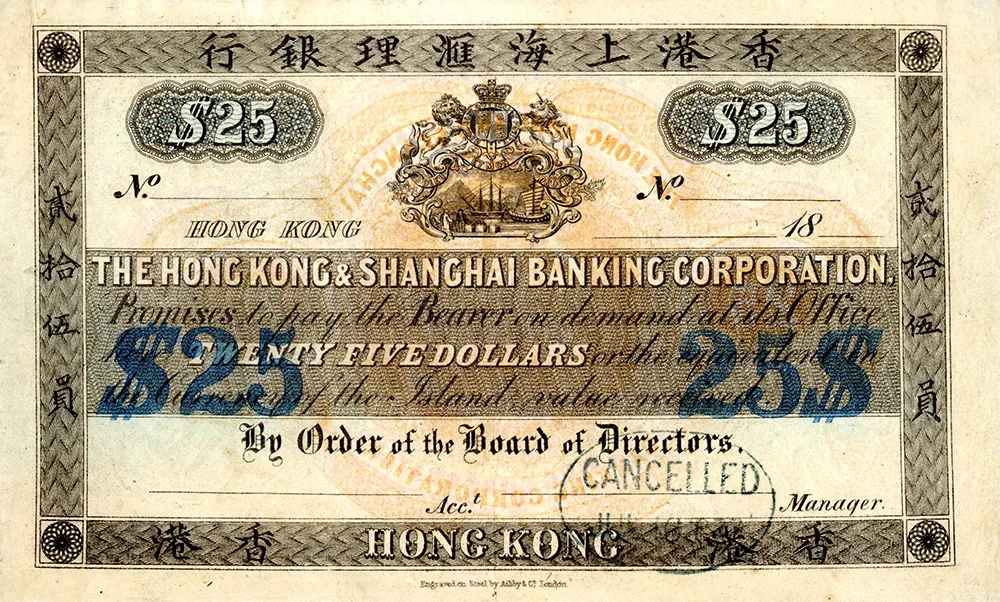“To Render Cairo a Second Manchester”: Teaching Egypt’s Nineteenth Century Production Revolution
Discussion of how to teach Muhammad Ali and Egypt in the nineteenth century

The story of Pasha Muhammad Ali’s attempted industrialization of Egypt in the first half of the nineteenth century appears in many textbooks. It’s one of the great what-ifs of world history. Muhammad Ali rose from the second-in-command of the Ottoman force sent to reestablish Ottoman rule in Egypt to the de facto ruler of Egypt. He then began to modernize Egypt. In addition to developing a powerful state and new institutions, Muhammad Ali started industrializing Egypt. Since Egypt grew its own cotton, Egypt seemed ideally poised to rival the British. Depending on the author’s perspective, Egyptian industrialization failed because of either Muhammad Ali’s short-sightedness or British interference. There is no definitive answer, but that doesn’t matter. Authors seem to enjoy discussing why Egypt didn’t industrialize.
Eurocentrism often influences how we view the economic shifts of the nineteenth century. Textbook authors and teachers focus on explaining why some countries, such as Japan, successfully adopted a British model of mass production, or why some countries, such as Egypt, failed to adopt the model. Either way, we’re stuck with a British vision of nineteenth-century economic development, in which industrialization is the gold standard by which all other countries are measured. What is often less explored in textbooks is understanding how and why Egypt changed.
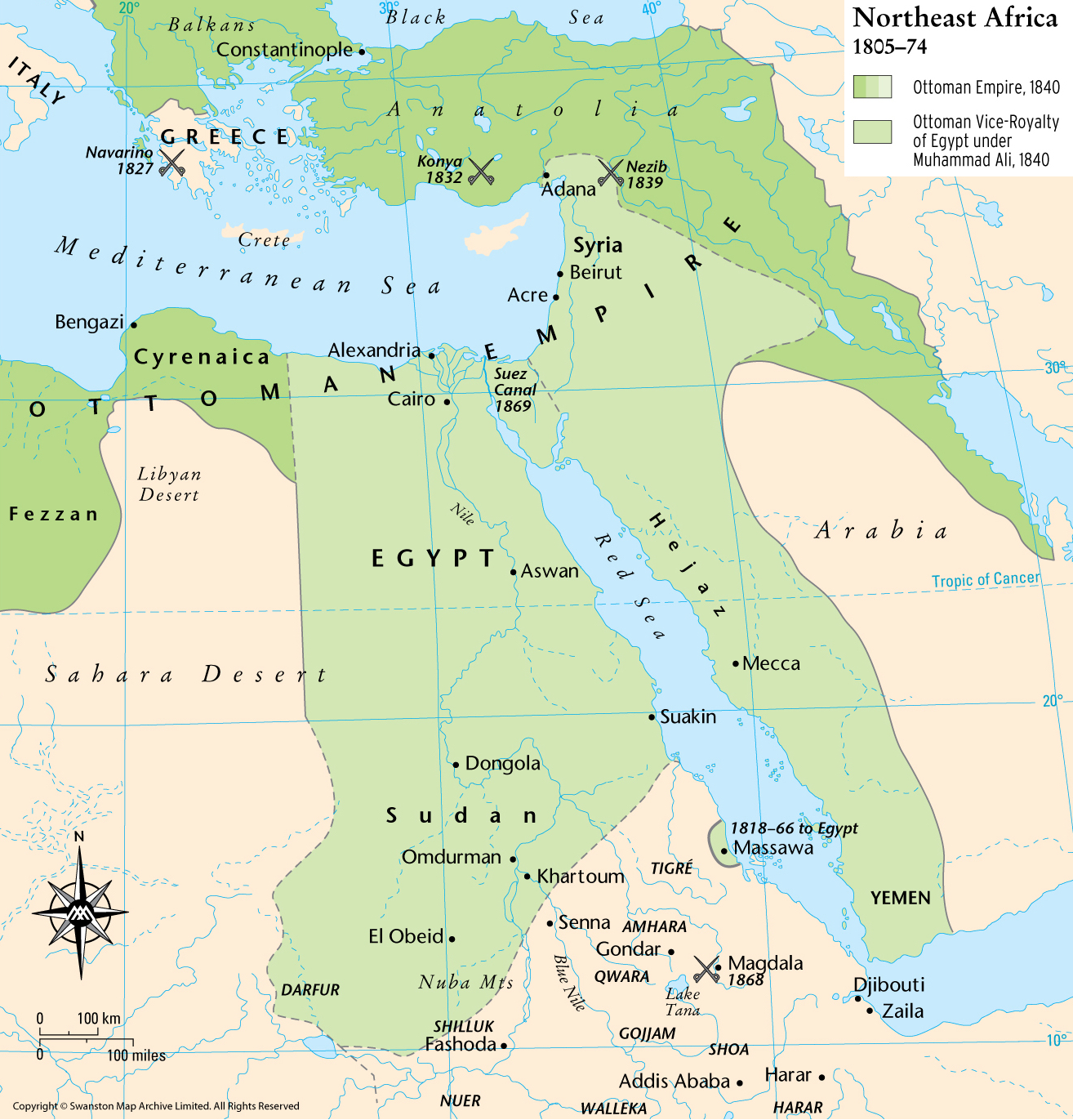
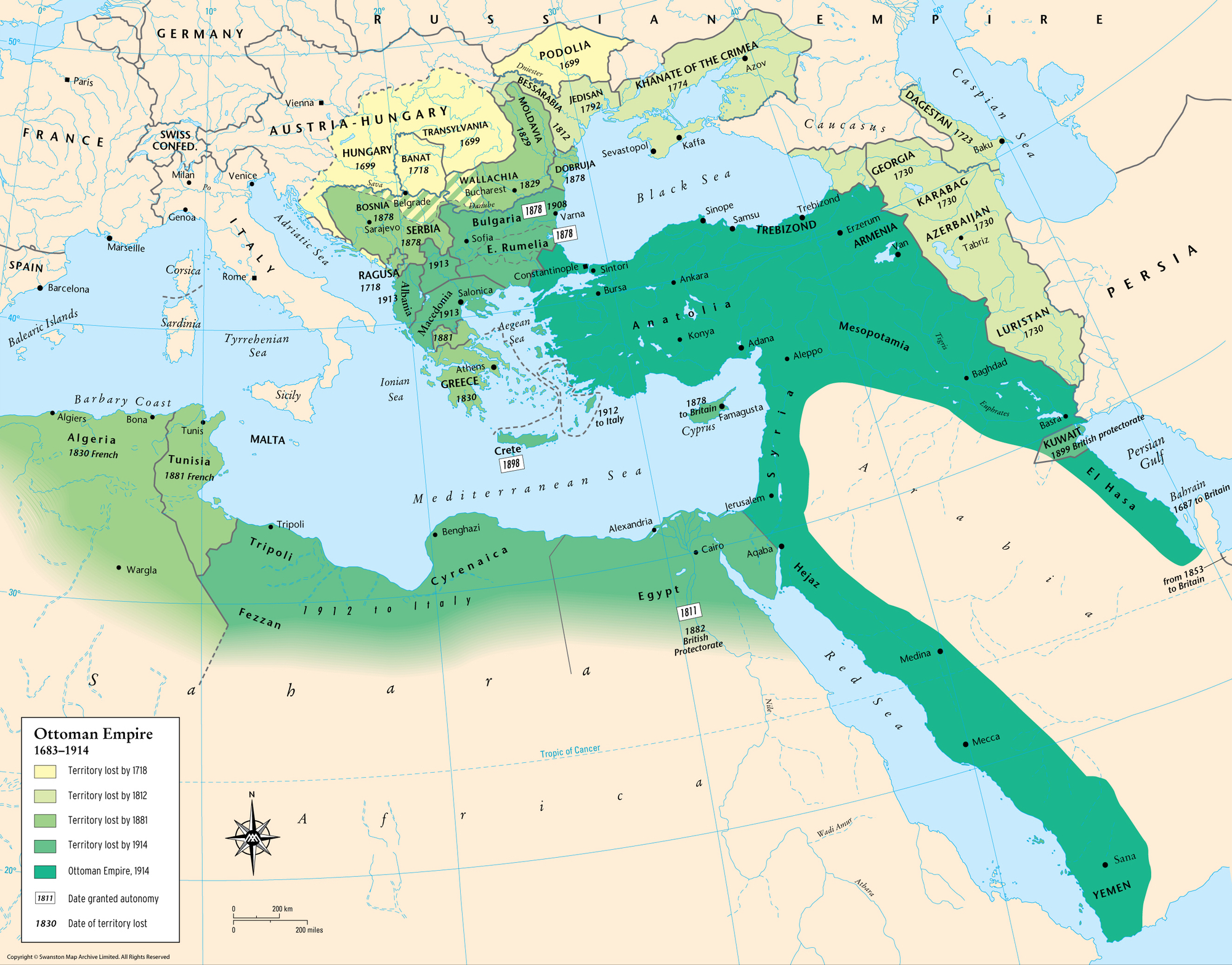
During the nineteenth century, Egypt’s economy transformed profoundly. Some new policies were responses to Western European influence, but many changes originated in the eighteenth-century Egyptian economy. Muhammad Ali was also less concerned with keeping up with the British and the French and more concerned with maintaining his tenuous, and arguably illegitimate, grip on Egypt in case the Ottomans reasserted control. Many of the Pasha’s policies were intended to strengthen his control over Egypt. We also want to look beyond the narrow, elite view of Muhammad Ali and consider what the economic shifts of the nineteenth century tell us about the majority of Egyptians.
Failing at Industrialization?
This content is for Paid Members
Unlock full access to Liberating Narratives and see the entire library of members-only content.
SubscribeAlready have an account? Log in

